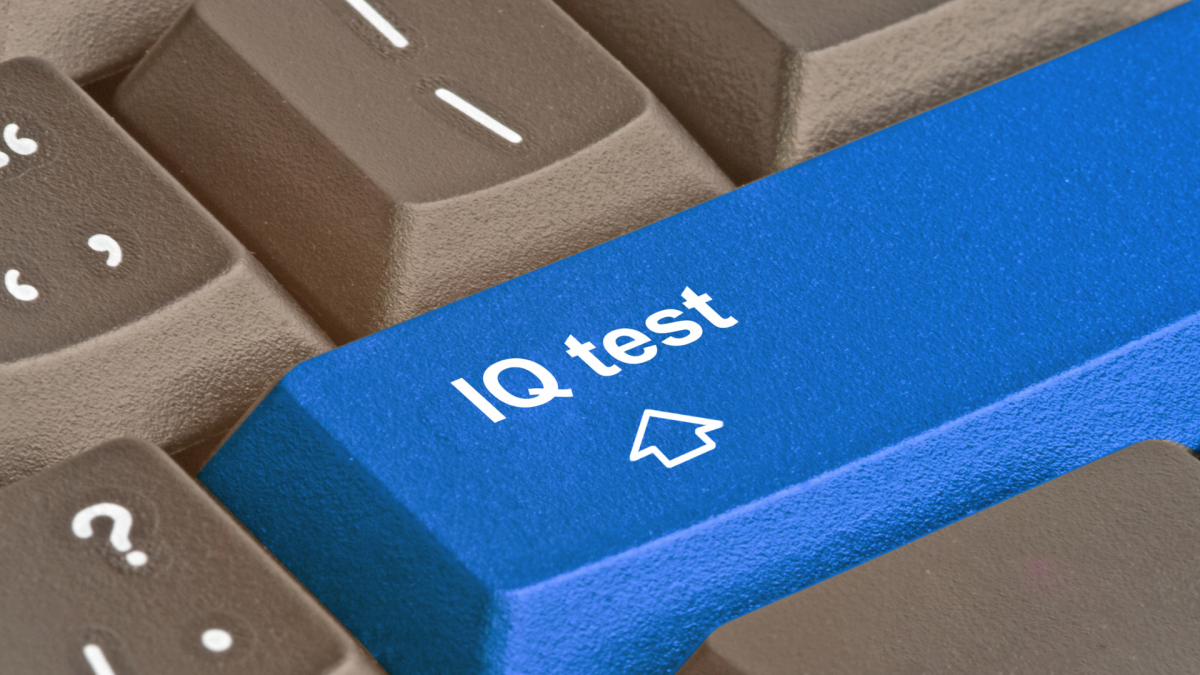

On November 20, MPs adopted an important draft law with 256 votes in favor, which would significantly impact the course of testing in the selection of new judges to the HACC and the HACC AC. Among other innovations, the new law will improve the procedure for testing the IQ of candidates for a judge, as well as clarify whether candidates to the HACC have to pass a test on the history of Ukrainian statehood.
What will change in the testing procedure?
IQ testing is a novelty for those who would like to become judges. It was introduced less than a year ago.
Unfortunately, back then, MPs failed to work out its features with sufficient quality. The threshold score of 75% of the maximum provided for in the law does not consider the specifics of testing the level of cognitive abilities, so it would screen out truly capable candidates.
Draft law No.11425-d changes the threshold of 75% to more adaptive—an average acceptable one, which will be set by the HQCJ independently.
Along with IQ testing, history testing was also introduced for future judges, but it was planned for launch only starting from December 30. Obviously, there was not enough time to prepare for testing, and there was a risk of serious delays in the competitions for the positions of judges of the HACC and appellate courts, which are currently ongoing.
Draft law No. 11425-d cancels the testing on the history of Ukrainian statehood at these two competitions, even if the competition continues after December 30.
Draft law No.11425-d changes the threshold of 75% to more adaptive—an average acceptable one, which will be set by the HQCJ independently.
Our reservations
When analyzing the first versions of the draft law, we indicated that determining the average permissible score by the HQCJ for IQ testing should be transparent and competent. Unfortunately, the law adopted today does not contain clear criteria according to which such a score will be determined, so the HQCJ must show the process of its introduction very thoroughly and openly. This is the only way to build confidence in the results of the qualification test.
The abolition of the history test is not something new because but for delays, it would not be necessary to resolve this issue at the level of the law at all. It appears that the Commission did not plan to conduct such testing as part of the selection of new HACC judges, which is why it did not even include such a stage in the timeline of the competition.
Read the blog by our Kateryna Ryzhenko to find out what else can prevent a quick and transparent HACC competition, and how these problems can be solved.
Unfortunately, the law adopted today does not contain clear criteria according to which such a score will be determined, so the HQCJ must show the process of its introduction very thoroughly and openly.






